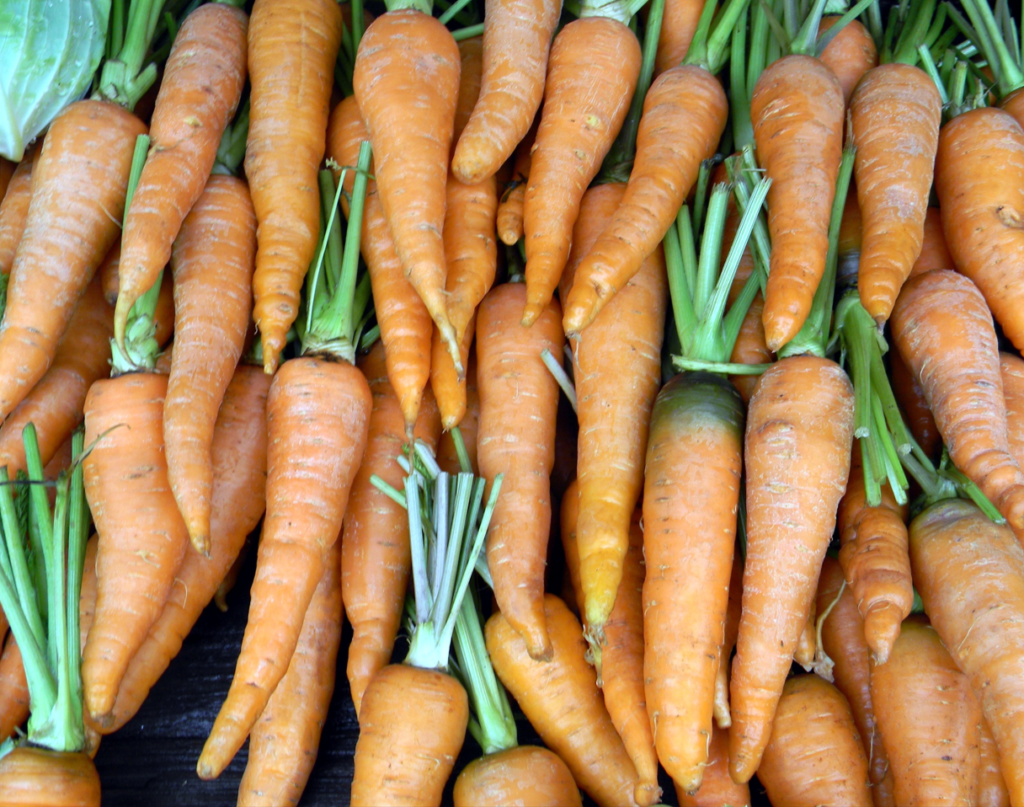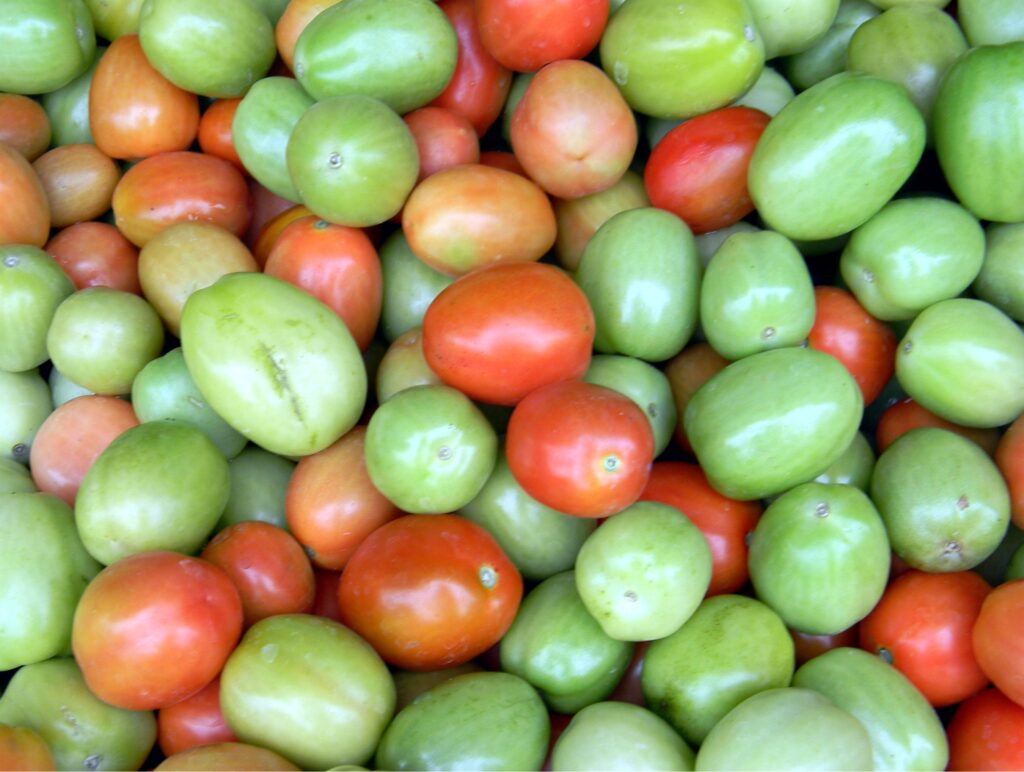Text and Photos by Evangeline T. Capuno
Foods are always pleasing to the eyes — especially if they are captured by camera. But there are foods that are not only good for your eyes but also satisfy your hunger and help keep your eyesight well.
“Everybody knows that eating right is the way to keep your heart healthy,” notes the American Academy of Ophthalmology. “The good news is that the same diet that helps your heart is probably also good for your eyes. A diet low in fat and rich in fruits, vegetables and whole grains can pay benefits not only to your heart but to your eyes.”
“It’s always best to get the nutrients we know help vision from foods,” agrees Dr. Elizabeth J. Johnson, a research scientist and associate professor at Tufts University in Boston. “Foods may contain many other nutrients we aren’t aware of that may help, too.”
Let’s take a closer look at those foods that are best for your eyes:

Carrots: The old axiom that carrots are good for the eyes is not just a myth. They are high in beta-carotene, a nutrient that helps with night vision, as are other orange-colored fruits and vegetables like sweet potatoes, apricots and cantaloupe. Making them a part of a colorful diet can help you keep your eyes healthy.
Broccoli: Broccoli and broccoli sprouts have been found to protect the retina from free radical damage. This may be due to a compound in broccoli called sulphoraphane which naturally boosts the body’s own defense system against free radicals,” noted Doug DiPasquale writing for The Huffington Post.

Onions: Sulphur-rich onions are important for the production of glutathione, an important sulphur containing protein that acts as an antioxidant for the lens of the eye. “Raising glutathione levels can be instrumental in both prevention and resolution of visual problems like macular degeneration, glaucoma or cataracts,” DiPasquale pointed out.

Tomatoes: They contain two eye-healthy nutrients — lycopene and lutein. Both of these phytochemicals are carotenoids, found to be helpful for vision. Lycopene has been well documented as effective in cancer-protection, but its antioxidant capabilities also act to protect the eyes from sun damage.
Sweet potatoes: Elisa Zied, an author and registered dietitian, recommends that people pay particular attention to eating plenty of fruits and veggies that are rich in vitamins C and A — which is why sweet potatoes are high on her eye-health list. In fact, a one-cup serving of sweet potato has more than the full daily requirement for vitamin A.
Eggs: They are rich in cysteine and sulphur, two components of glutathione, a protein that acts as an antioxidant for the lens of the eye. This may explain why sulphur-containing compounds have been found to protect from cataract formation. Egg yolks also contain lutein and diets high in lutein lead to reduced risk of developing age-related macular degeneration. “However, keep in mind that eggs should be consumed in moderation, particularly when you are trying to lose weight,” reminds Lindsey Getz, author of Eating for Eye Health.
Orange: Studies suggest long-term consumption of vitamin C also may reduce the risk of forming a cataract and vision loss from macular degeneration. “With one cup of orange juice, you can claim up to 124 milligrams of vitamin C,” wrote Laura McMullen in an article published by U.S. News and World Report.

Fish: “Essential fatty acids do your whole body good, including your eyes, by helping with visual development, retinal function, and possibly protecting against dry eye,” wrote McMullen. Fish like salmon, tuna, mackerel, and anchovy are typically the best way to load up on essential fatty acids.
In a large European study published in 2008, participants who ate oily fish at least once per week had half the risk of developing neovascular (“wet”) macular degeneration, compared with those who ate fish less than once per week.
Oyster: Zinc is found in the retina, and helps the functioning of enzymes responsible for eye health. “In people with macular degeneration, levels of zinc in the retina can be very low, so eating zinc-rich foods is a logical first step for preventing and treating macular degeneration,” writes Joy Bauer, a Today contributor. Oysters are valuable sources of zinc. Other sources include liver, red meat, poultry, milk, shellfish, baked beans, and whole grains.
Wheat germ: “Vitamin E might slow macular degeneration [and can also] decrease risk of cataracts,” says Judy Caplan, a registered dietitian and spokesperson for the Academy of Nutrition and Dietetics. That’s why she recommends wheat germ as her top source for vitamin E, as well as other tasty options like almonds, sunflower seeds, peanut butter and the aforementioned sweet potato.
Peanuts: Peanuts and other nuts are not only good for your brain but your eyes as well. The reason: “They are excellent sources of vitamin E and minerals such as zinc that help keep your eyes healthy and may decrease your risk of cataracts and age-related macular degeneration,” notes Gary Heiting, who has more than 25 years of experience as an eye care provider, health educator and consultant to the eyewear industry.
Green leafy vegetables: Lutein and zeaxanthin are antioxidants that protect and maintain healthy cells — and they’re abundant in these dark, leafy greens. The American Optometric Association said they act like “internal sunglasses” that can “filter harmful blue waves.” Good sources include kale, spinach, pechay, and malunggay.
Here’s a proof on why you should keep eating green leafy vegetables: One large study showed that women who had diets high in lutein were 23 percent less likely to develop cataracts than women whose diets were low in this nutrient.
“Everyone should take care of their eyes. More so with age, since eye cataracts and age-related macular degeneration are the leading causes of blindness in older adults. Proper nutrition is always the most powerful preventive medicine,” reminds Kate Haisch, an American dietitian. — ###








